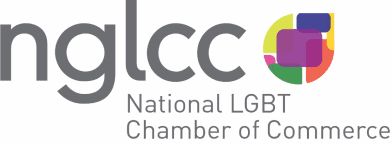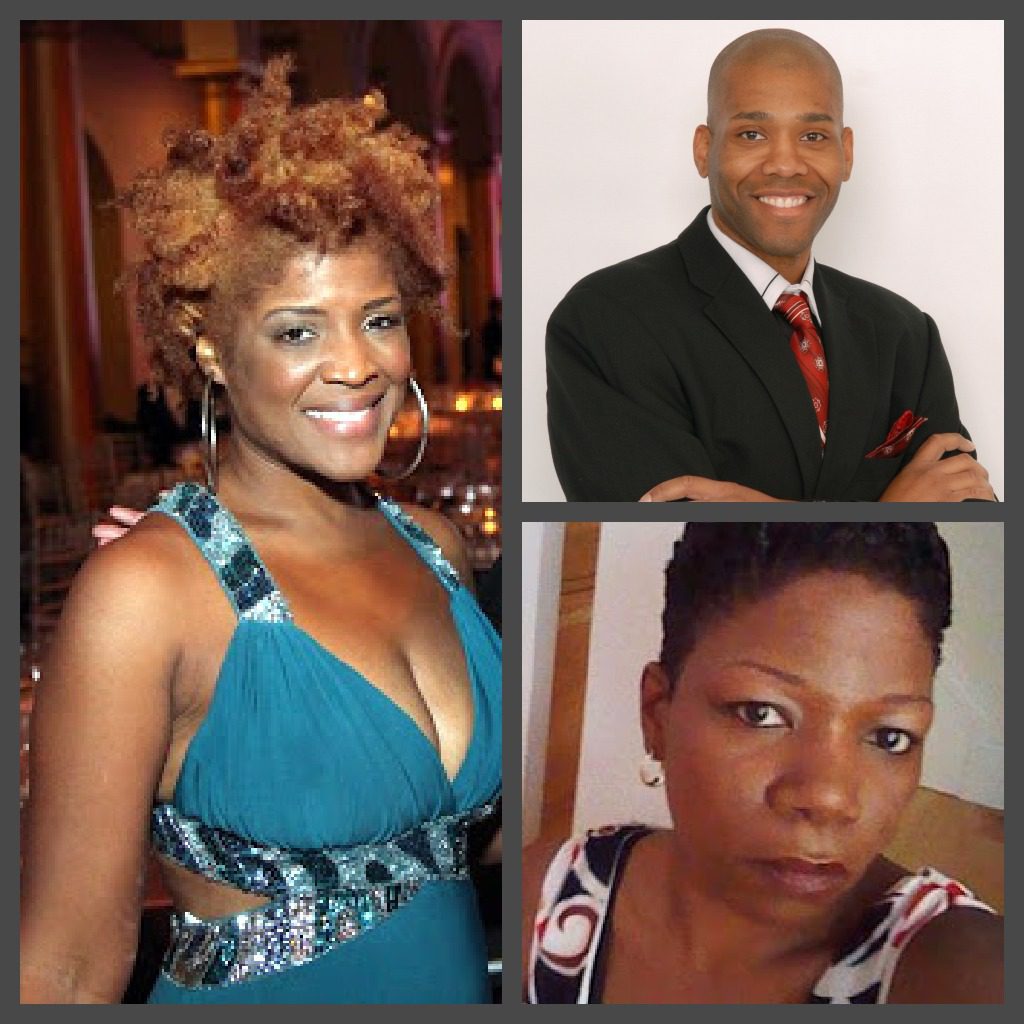NGLCC celebrates diversity throughout the year, and the chamber understands that so many of our members identify not only as LGBT but also as people of color, women, veterans, and people with disabilities. As part of National Black History Month, which recognizes the achievements and accomplishments of African Americans throughout our national history, we spoke with African American leaders in our community who deal with the intersection of race and LGBT on a daily basis.
Interviewees included:
- Marquita Thomas, Executive Director of the Los Angeles Gay & Lesbian Chamber of Commerce;
- Frantz Tiffeau, Senior Manager for Diversity Initiatives at Office Depot; and
- Tonie Snell, Certified LGBTBE® and CEO of 925Hire.
1. What are your experiences with the intersection of LGBT, race, and business? Has it been difficult? What can we learn from this intersection?
Snell:
I suppose I am the trifecta in diversity staffing: female, black and gay. That makes me smile… I operate in a white male-dominated field. I am not what most people envision when it comes to staffing and recruiting.
There are some serious barriers to entry in this space, but the cultural climate in our country is changing at a rapid pace and I am seeing significant strides of acceptance in the workplace to include the LGBT professional community. I continue to push because I simply want a better life for my children and grands, my gender, my orientation, my race… 925HIRE has become a living legacy.
Tiffeau:
I believe that it is still a complex crossing of two worlds. I believe that in the business community that people of color still have to prove their value under a microscope regardless of sexual orientation and I believe that they also have a difficult time finding a home in the LGBT community. I do, however, believe that there are still boundless opportunities for us in both worlds, as long as we are willing to fight for it, through hard work and commitment, and a little help along the way.
Thomas:
Diversity, be it race, gender, class, religion or age, promotes growth. Diverse people bring diverse ideologies and strategies and leadership is the ability to respect, harvest and support those varied contributions effectively.
2. Does having layers of identity — woman, African American, LGBT — create difficulties, strengths or both?
Thomas:
I believe being a woman makes me more nurturing so that’s certainly a strength. Corporate partners, chamber members, staff and boards are primarily concerned with the strategic mission of the organization. I don’t believe my diverse make-up makes me more or less suited to do that, but I use who I am in totality to do the best job.
3. Who are your personal and/or professional heroes?
Tiffeau:
I have many people both personally and professionally that I admire, [but] I’d have to say that my grandmother is probably one of my greatest influences. Though she passed in 1989 and only had a grade school education, she was a woman that valued and pushed education so much to all of her children, that [as a result] all of her grandchildren, who are of age, not only have a college degree but also an advanced degree.
Thomas:
My personal hero is Harriet Tubman. Most people only know part of her story, but her resilience and fearlessness cannot be overstated.
Snell:
My stepmom passed away in May 2012, [but] I draw from her strength she so graciously shared daily. I want [my children] to live in a world that is accepting of them as a person and not what they look like or their preferences as to who they love. My partner Angella Guajardo is my rock; she has been here for me through the splendor and the splinters, and I am very fortunate to have her in my life.
Next month, look for stories from women business owners as we celebrate National Women’s History Month. To share your stories or suggest ideas, please write to NGLCC Connect Stakeholder Interviews at press@nglcc.org.

